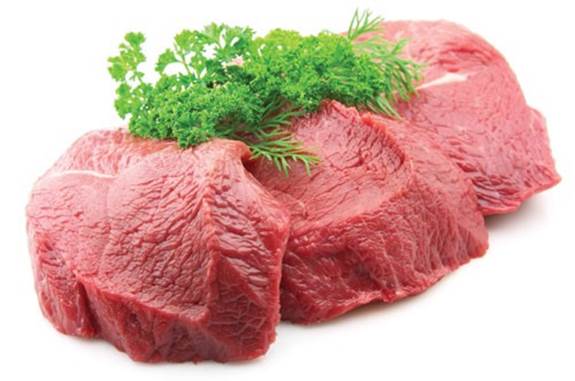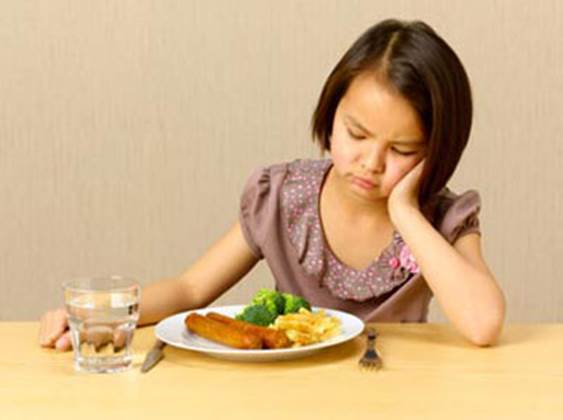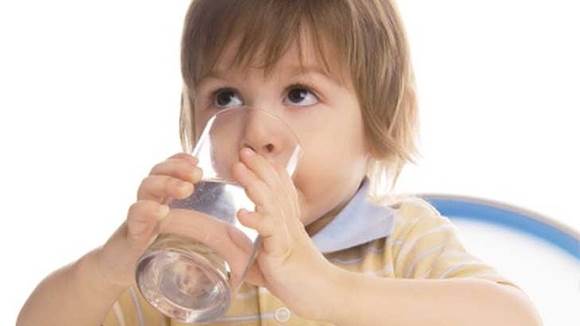Babies need to eat a lot of red meat to
prevent anemia. When babies are lazy to eat vegetables, mothers should provide
synthesizing vitamin for babies. These are incorrect conceptions of babies.
1. Let children eat a lot of red meat to prevent anemia
All babies need Fe that is necessary for
the development of brain and helps body healthy. Fe is also important for the
thinking process and the exercising ability. Many mothers worry that their
children will have anemia. In reality, this thing is also correct because
lacking Fe is the big risk of many children. According to Center of Controlling
Disease in Atlanta (USA), 9% of babies in the age 1-2 lack Fe. This number
reduces to 3% for babies that are from 3 to 5 years old and 2% for babies that
are from 6 to 11 years old.
Many mothers worry that their children will
have anemia, so they let children eat lean meat and red meat to prevent this
disease. However, according to nutritious doctors, babies can receive enough
nutrients without eating red meat too much. To babies that are lazy to eat
meat, milk, egg, poultry, fish, red bean bread, dried fruits such as dried
grapes…can help babies satisfy the demand about Fe.

Although
red meat and lean meat contain Fe that is easy to absorb, many children don’t
like to eat.
Although red meat and lean meat contain Fe
that is easy to absorb, many children don’t like to eat because it’s difficult
to chew these foods and they can make children choked. Therefore, if babies don’t
like red meat, lean meat, mothers should let babies eat other foods to replace.
2. If babies are lazy to eat vegetables, mothers can provide
synthesizing vitamin

If
children are lazy to eat this kind of vegetable, mothers can use other kinds of
vegetable to replace.
Green vegetables contain a lot of vitamins
and minerals, so when mothers recognize that their children are lazy to eat
vegetables, they feel worried and they find that way to provide synthesizing
vitamin for babies. This is incorrect conception. According to a nutritious
expert at Palo Alto, California, “fruits can be similar to green vegetables about
the content of vitamins and fibers. However, even when your children are lazy
to eat vegetables, you should encourage them. Many vitamins and minerals are
important and babies shouldn’t miss”.
He suggested “If your children don’t touch
carrot apricot or water melon is the suitable solution to replace because they
are rich of vitamin A and carotene. Strawberry or orange can satisfy the amount
of folic acid for babies that are lazy to eat spinach. Banana can help babies
that are lazy to eat potato have enough potassium, citrus can replace
cauliflower about the content of vitamin C”.
3. If babies don’t drink milk, they won’t have enough calcium
Milk is a plentiful source of calcium.
However, if your children are lazy to drink milk, they can receive enough
calcium from other sources of food including yoghurt, cheese, soya milk that is
rich of calcium, broccoli, soya curd, ark green vegetables, fruit juices such
as orange juice…
The important thing is that babies can
satisfy enough the amount of calcium every day: 500mg calcium (1-3yeas old);
800mg calcium (4-8 years old) and 1300mg calcium for babies from 9 years old to
over.
4. Fruit juice is the wonderful drink
Although 100%-fruit juice has more
nutrients than soda, you shouldn’t drink this drink anytime when you feel
thirsty. There are limitations about the amount of fruit juice for babies. If
not, children will reduce the feeling of craving for food with other foods.
Moreover, the high content of sugar in fruit juices can destroy enamel and the
unpleasant feeling in stomach.

The
filtered water is the best drink when babies feel thirsty.
Fruit juice is good when it is the
100%-juice, but babies don’t need a lot, about 100-120ml of fruit juice is
sufficient for babies in nursery education. Soda and drinks containing a lot of
sugar will provide a big amount of calories. The filtered water is the best
drink when babies feel thirsty.